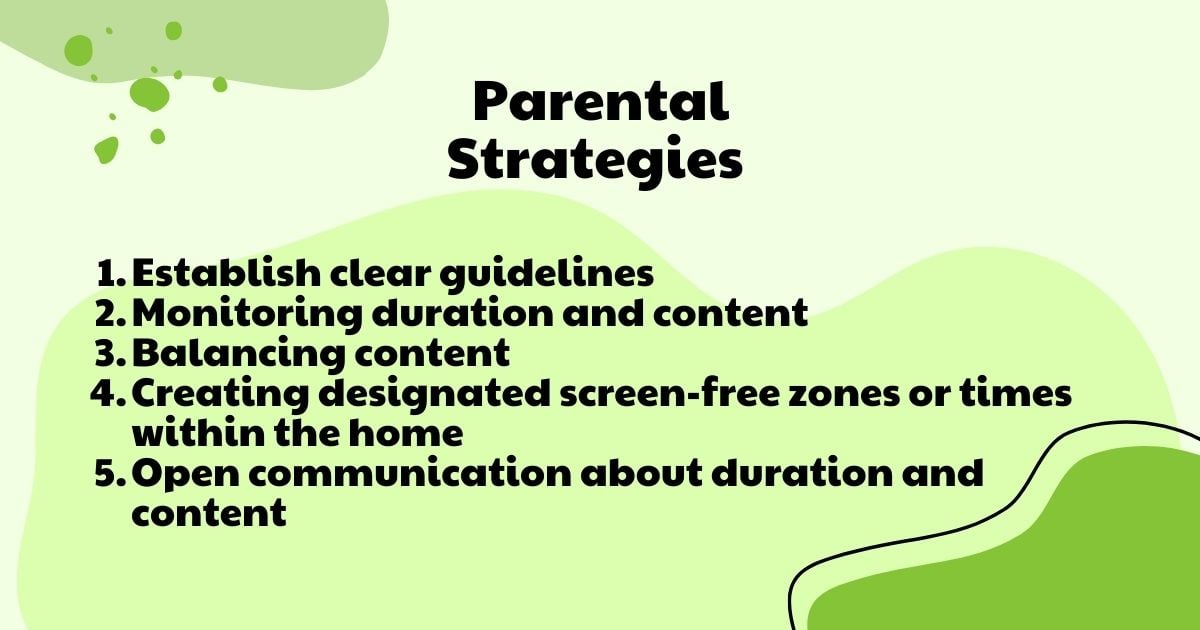In an era dominated by digital screens, concerns about the impact of screen time on children's social, emotional, and physical well-being have taken center stage.
One particularly important area of exploration is the correlation between children with Attention Deficit Hyperactivity Disorder (ADHD) and their engagement with TV screens.
This blog will explore this topic to better understand the potential effects and consider strategies parents can implement for a balanced approach.
Understanding ADHD
Attention Deficit Hyperactivity Disorder, commonly known as ADHD, is a neurodevelopmental disorder that significantly impacts a person's ability to regulate attention, manage impulses, and control hyperactivity.[1]
It is a condition that manifests early in childhood and can persist into adolescence and adulthood. ADHD isn't simply a matter of being easily distracted; it encompasses a range of challenges, including difficulties in sustaining attention, organizing tasks, and staying still when necessary.
Individuals with ADHD often experience heightened impulsivity, making it challenging to navigate daily tasks and social situations. Understanding ADHD goes beyond stereotypes, requiring a nuanced perspective that acknowledges the diverse ways it manifests and the unique strengths individuals with ADHD may possess.
The Role of Screen Time in Children's Lives
Children today are exposed to screens from an early age, with TVs, tablets, smartphones, and video games becoming integral to their daily routines. Instead of using books, many kids use iPad apps to learn the alphabet.
Schools use laptops in the classroom to do in-class activities, homework is assigned online, and recently, many middle and high schools have been integrating "Google Classroom" into their daily school routines.
While some screen time can have educational benefits, excessive exposure and reliance on technology may pose a risk to a child's overall development.
Research on the Correlation Between ADHD and TV Screen Time
Numerous studies have explored the relationship between ADHD and TV screen time. Researchers have found that children who watch fast-moving TV shows with too many colors and flashing lights are at a higher risk of developing ADHD.[2]
They become desensitized to the overstimulating graphics and rely on that level of overstimulation to function. Examining these findings reveals common themes and patterns, shedding light on how screen time may impact children with ADHD differently than their peers without the disorder.
Factors Influencing the Relationship[3]
The connection between ADHD and TV screen time is complex and influenced by various factors, including the duration and frequency of screen time, the content and nature of screen activities, and individual differences in susceptibility.
Understanding these factors allows parents, educators, and healthcare professionals to tailor interventions that address the specific needs of children with ADHD.
By considering these nuances, it becomes possible to create an environment where TV screen time can coexist with the well-being of children with ADHD rather than exacerbating their challenges.
1. How Duration and Frequency of Screen Time
The amount of time spent in front of the TV is a crucial factor. Prolonged or frequent exposure may intensify the challenges for children with ADHD, affecting their attention span and overall behavior. Understanding and managing the duration of TV time is essential.
2. Content and Nature of Screen Activities
The type of content and activities engaged in during screen time play a significant role. Educational programs or interactive games designed to stimulate the mind might have different effects than fast-paced, overstimulating content. Parents should be mindful of the quality and appropriateness of the content.
3. Individual Differences and Susceptibility
Each child is unique, and the impact of TV screen time can vary based on individual differences. Some children with ADHD may be more susceptible to the effects of certain stimuli, while others may be less affected. Recognizing and understanding these individual variations is crucial in tailoring strategies to each child's needs
4. Parental Involvement and Monitoring
The level of parental involvement and the degree of monitoring play a crucial role. Parents who actively engage with their children during screen time, guide content choices, and set reasonable limits can positively influence the impact of TV on children with ADHD.
5. Structured vs. Unstructured Screen Time
The structure of screen time matters. Interactive and educational content, when balanced with unstructured, creative playtime, can provide a more wholesome experience. Striking the right balance between structured and unstructured activities is key to managing the potential negative effects.
Impact on Cognitive Functions[4]
Excessive screen time can potentially exacerbate ADHD symptoms, affecting attention span and focus. However, there are nuanced considerations, and the impact may vary from one child to another.
The impact of TV time on cognitive functions is a multifaceted consideration, particularly in the context of children's development. Prolonged exposure to television can have discernible effects on cognitive functions, ranging from attention and focus to executive functions.
The constant stimuli and rapid scene changes in many TV programs may challenge a child's ability to sustain attention, a concern that is amplified in the case of children with ADHD. Furthermore, the passive nature of TV consumption can hinder the development of crucial executive functions like planning and self-control.
Language development, social skills, and creativity are also influenced by the type and duration of TV content. While educational programs can offer cognitive benefits, excessive screen time, especially before bedtime, may disrupt sleep patterns, impacting overall cognitive well-being.
Striking a balance and choosing content mindfully are pivotal in mitigating potential negative effects, ensuring that TV time contributes positively to cognitive development.
How Parental Strategies for Managing Screen Time[5]
Parental strategies for managing screen time play a pivotal role in shaping a child's relationship with digital devices. Establishing clear guidelines and setting reasonable limits on screen time is a fundamental strategy.
Actively monitoring the duration and content of screen activities allows parents to ensure that their children engage in age-appropriate and beneficial content. Encouraging a balanced media diet, which includes educational programs, interactive games, and offline activities, contributes to a more holistic developmental environment.
Open communication with children about the importance of moderation and the potential effects of excessive screen time fosters awareness and cooperation. Additionally, creating designated screen-free zones or times within the home promotes a healthy balance between screen-based activities and other essential aspects of a child's routine.
Parental involvement in selecting educational apps and programs tailored to the child's age and interests further enhances the positive impact of screen time on learning.
By adopting these strategies, parents can empower their children to navigate the digital landscape responsibly while supporting their overall well-being.

How Educational and Therapeutic Approaches
In the realm of educational and therapeutic strategies for screen time, innovative approaches are emerging to harness the potential benefits while addressing specific needs. Educational tools designed for children with ADHD incorporate interactive elements that promote engagement and cognitive development.
These tools often focus on enhancing skills such as attention, organization, and self-control. Additionally, therapeutic interventions are being integrated into screen-based platforms to mitigate the potential negative impact on children's mental health.
Apps and programs that provide mindfulness exercises, cognitive-behavioral therapy techniques, or guided relaxation can offer valuable support. Collaborative efforts between parents, educators, and healthcare professionals are vital in tailoring educational and therapeutic strategies to the individual needs of children with ADHD.
By leveraging technology in a thoughtful and intentional manner, these strategies aim to create a digital environment that not only accommodates but enhances the learning and well-being of children facing attention and hyperactivity challenges.
As we navigate the digital landscape, it's crucial to recognize the correlation between children with ADHD and TV screen time.
By understanding the nuances of this relationship and implementing mindful strategies, we can strive for a balanced approach that promotes the well-being and healthy development of children with ADHD.
Choosing a healthy plant-based and vegan diet is most beneficial when it comes to:
-
Higher levels of energy;
-
Improved sleep;
-
 Aids in energy and overall happiness;
Aids in energy and overall happiness; -
Provides a sense of comfort and relief;
-
Could prevent major diseases such as obesity and diabetes;
-
Accomplish weight-loss and management; and
-
Improves mental and cognitive functioning.
There are really no excuses not to try healthier habits in your everyday life. If you are a man or woman looking for specific benefits of adopting healthier habits or just want to know about the general healing properties of herbs. Please remember to comment or post any health questions, or contact us directly!
Also, feel free to share any of your favorite recipes to make and share it with the Assuaged community on our ➡️ Share A Recipe ⬅️ page!

















